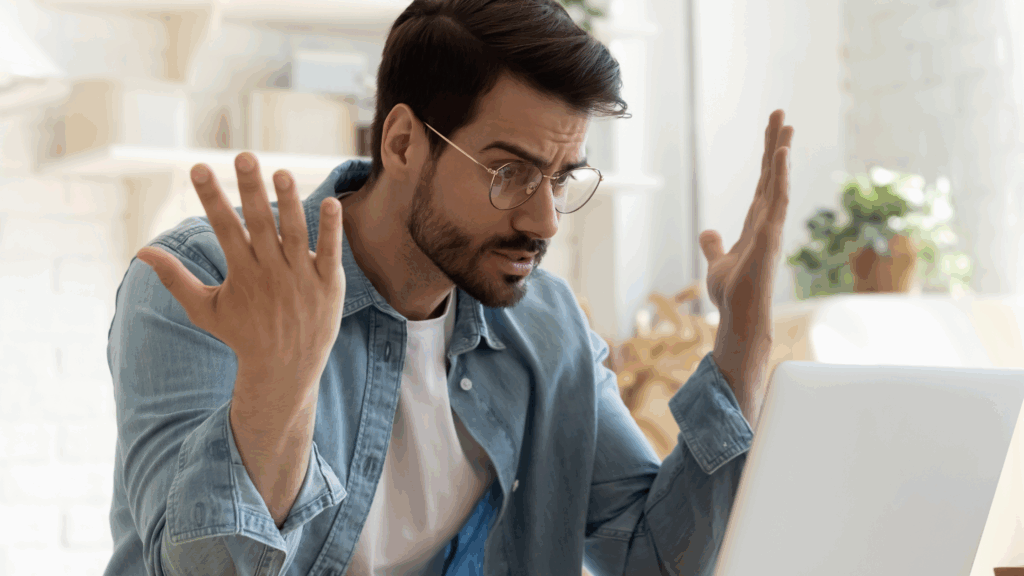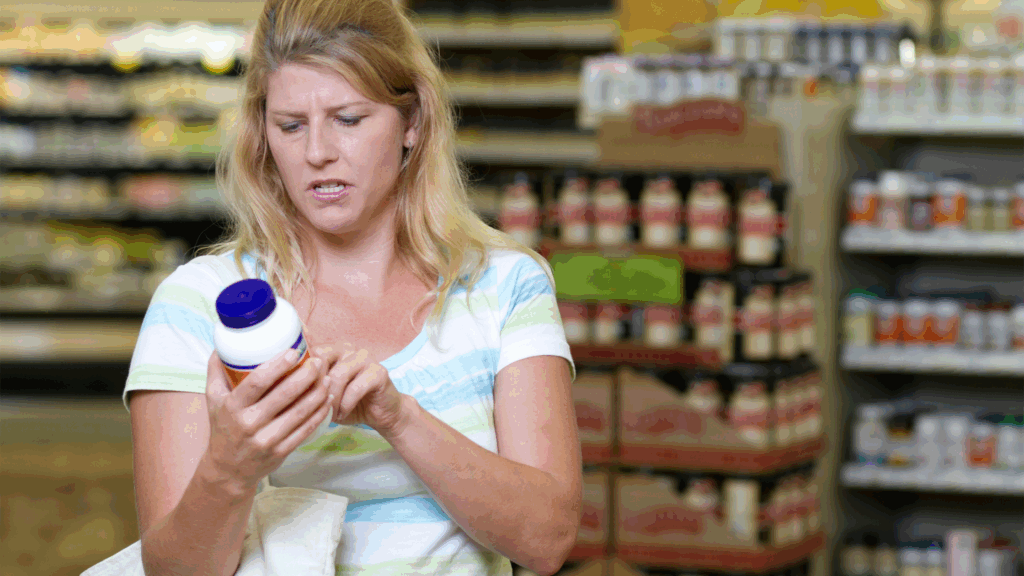As a nurse practitioner and the host of Medical Disruptors, I’ve had countless conversations with innovators and changemakers who are challenging the system from the inside out. But this episode with Dr. Mike Smith felt different.
Dr. Mike isn’t just a disruptor—he’s someone who’s lived through multiple layers of the healthcare machine. He started as a radiologist, shifted to internal medicine, and eventually found his way into the world of integrative medicine. His story is raw, relatable, and deeply important right now.
Because we’re not just talking about supplements or protocols—we’re talking about the confusion, chaos, and credibility crisis that’s fueling an epidemic of health misinformation.
And if you’ve ever felt torn between what your doctor says and what someone on social media swears by, you’re not alone.
This blog will walk you through some of the most powerful moments from our conversation—and show you why thinking for yourself might be the most important health skill you’ll ever build.
When the System Says “Don’t Worry About Mistakes”
Dr. Mike’s medical journey began in radiology, where volume and speed were prioritized over accuracy. He was literally told that if he made a mistake reading an image, it wasn’t a big deal—because malpractice insurance would cover it.
That moment stuck with me. It’s one thing to deal with bureaucratic red tape. It’s another to be told, outright, that precision doesn’t matter as long as you’re fast enough to stay profitable.
This kind of mindset devalues both the provider and the patient. And it creates the perfect breeding ground for health misinformation—because if the system doesn’t prioritize nuance and accuracy, people will seek answers elsewhere.

Patients Were the First to Ask the Right Questions
When Dr. Mike transitioned to internal medicine, things didn’t improve. Instead of film after film, it became prescription after prescription. Adjusting statins. Managing blood pressure. Rushing through 40 to 50 patient visits per day.
But here’s where it got interesting—his patients started bringing up things he hadn’t been trained on. They were asking about supplements, nutrition, and alternative approaches to their care.
And he didn’t have answers.
That’s not because Dr. Mike wasn’t smart or well-trained. It’s because the system never taught him to consider these things. Like many nurse practitioners, I’ve had patients ask about supplements or dietary protocols I wasn’t taught to understand. That experience is humbling—but it’s also a spark.
Because when your patients know more about CoQ10 than you do, you either dismiss them—or you start learning.
Dr. Mike chose to learn. And that choice led him into integrative medicine—and out of the blind spots that conventional care too often ignores.
Not Every Expert is Right. Not Every Influencer is Wrong.
One of the most powerful parts of our conversation was the realization that health misinformation isn’t exclusive to one corner of the internet.
It can come from anywhere.
From board-certified doctors following outdated guidelines… to influencers making bold claims with no accountability… to social media content designed more for virality than accuracy.
The danger isn’t just in being wrong—it’s in being absolute.
“If someone’s telling you to never eat this food, or always take that supplement, it’s time to pause,” Dr. Mike said. “Real medicine lives in nuance. Context. Personalization.”
That hit me hard.
As a nurse practitioner, I’ve seen how easily patients fall into extremes—cutting out entire food groups, jumping on supplement fads, or losing trust in their primary care providers because they saw something dramatic on TikTok.
But the answer isn’t to demonize doctors or influencers. It’s to empower patients to ask better questions.
Because health misinformation thrives when we stop being curious.

Red Flags and Reality Checks
Dr. Mike shared some practical tools during the episode—what he calls “the sister test”—designed to help everyday people vet what they’re seeing online. It’s advice he developed after watching his own sisters get pulled into misleading content.
One tip? Start with LinkedIn. If someone claims to be a medical professional, see if their credentials actually check out.
Another? Pay attention to the tone. If the messaging is extreme, alarmist, or sounds like an infomercial, it’s probably rooted more in marketing than medicine.
These are the same conversations I have with my patients—and the nurse practitioner students I mentor. We need to stop outsourcing our judgment. If something sounds off, it probably is.
And if someone is trying to sell you a product right after scaring you into a problem? That’s not education. That’s manipulation.
Health misinformation isn’t always loud. Sometimes it’s subtle. It uses half-truths. It borrows authority. And that’s why learning to discern—not just absorb—is so critical.
The Role of the Nurse Practitioner in Fighting Misinformation
As nurse practitioners, we’re often the bridge between traditional medicine and real-world patient concerns. We’re trained to diagnose and treat—but we’re also the ones patients trust when they’re confused, anxious, or overwhelmed.
That puts us in a unique position.
We can either reinforce the old model—prescribe, move on, repeat—or we can pause. Ask questions. Offer layered answers. Acknowledge uncertainty.
Every time a nurse practitioner takes the time to explain that a randomized controlled trial isn’t the same as an observational study, they’re pushing back against health misinformation.
Every time we say, “it depends,” instead of giving an easy answer, we’re modeling what real, thoughtful care looks like.
We don’t need to have every answer. But we do need to help patients build the skills to evaluate the ones they’re being given.

Why Curiosity Is the New Clinical Skill
Ultimately, this episode wasn’t just about Dr. Mike’s journey—or mine.
It was about all of us.
Patients, providers, nurse practitioners, content creators. We’re all operating in a world where information is cheap, fast, and often unverified. The only antidote to health misinformation is discernment. Curiosity. Slowness.
And the willingness to say: “Let me look into that.”
As Dr. Mike put it, “We spend more time researching which washing machine to buy than we do investigating what we put into our bodies.”
That’s the real problem.
We’re not thinking deeply about our health. We’re overwhelmed. Distracted. Tired. And that’s exactly when health misinformation takes hold.
But it doesn’t have to.
We can learn. Ask better questions. Get second opinions. Read past the headline. And refuse to let algorithms—or outdated guidelines—do our thinking for us.
If this resonates with you, I highly recommend listening to the full episode of Medical Disruptors with Dr. Mike Smith.
We go even deeper into how social media shapes our health beliefs, what it means to integrate new knowledge without fear, and why empowering patients is the most radical form of medicine we have.
Because fighting health misinformation isn’t about shouting louder—it’s about thinking smarter.
